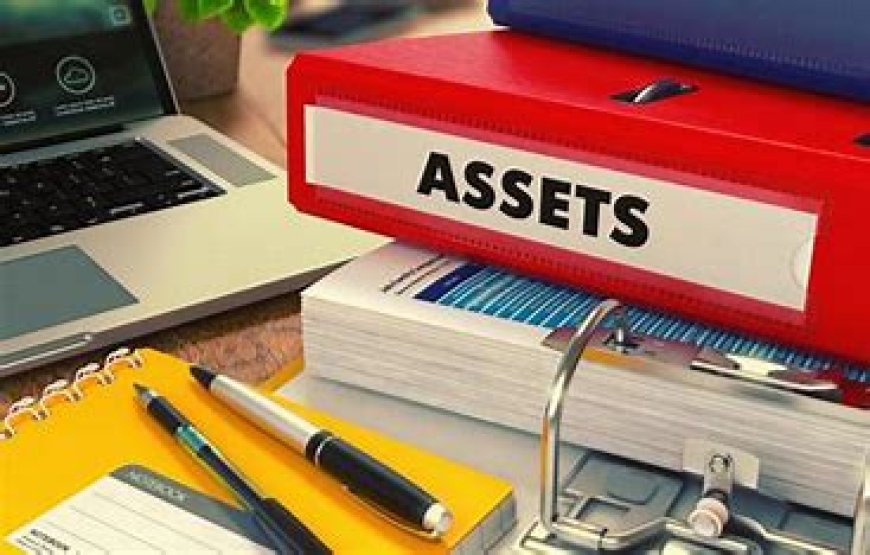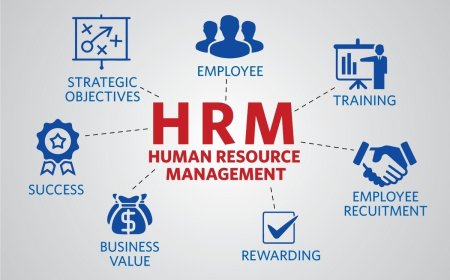Introduction to Assets for Kids & Adults

INTRODUCTION:
Assets are things that you own and that have value. They can be divided into different categories:
Physical Assets:
Physical assets are things you can see and touch. In an Indian context, examples include:
Home: If you own a house or an apartment, it is your asset. It has value and can be sold or rented to generate income.
Vehicle: If you own a car, a bike, or any other mode of transportation, it is your asset. It helps you travel and can also be sold if needed.
Gold and Jewellery: Gold ornaments or precious jewellery that you own are considered assets because they hold value and can be sold or used in times of need.
Financial Assets:
Financial assets are things that represent money or the right to receive money in the future. In an Indian context, examples include:
Bank Accounts: Money you have in savings accounts, fixed deposits, or recurring deposits is considered a financial asset. It can earn interest and be withdrawn when needed.
Shares: If you own shares in a company, it means you are a part-owner. Shares can be bought and sold on the stock market, and their value can increase over time.
Mutual Funds: Mutual funds pool money from different investors to invest in various assets like stocks and bonds. When you invest in a mutual fund, you own units that represent a share of the fund's assets.
Intellectual Property:
Intellectual property refers to creations of the mind that have value and legal protection. In an Indian context, examples include:
Trademarks: Trademarks are symbols, logos, or names that identify and distinguish products or companies. Owning a trademark gives you the right to use it exclusively.
Copyrights: Copyrights protect original creative works like books, music, or artwork. If you create something, you own the copyright and have the right to control its use.
Patents: Patents protect new inventions or innovative ideas. If you invent something unique, you can file for a patent, which grants you exclusive rights to use and profit from your invention.
These are just a few examples of assets in layman's terms with an Indian context. Assets represent what you own and can provide financial security and opportunities. It's important to manage your assets wisely, protect them, and make informed decisions about buying, selling, or investing to maximize their value and benefit your financial well-being.
Examples for Kids:
Toys:
Toys are assets for kids because they have value and bring joy. Kids can think of their toy collection as their assets, as they can play with them, share them with friends, and even trade them if they want something different.
Books:
Books can be considered assets for kids who love reading. Books hold knowledge, entertain, and can be a source of inspiration. Kids can think of their book collection as their assets, as they can learn from them and revisit their favorite stories.
Piggy Bank:
A piggy bank is a valuable asset for kids who save their pocket money. Kids can see their piggy bank as an asset that holds their savings. It's like a small treasure chest where they keep their money safe and watch it grow over time.
Sports Equipment:
For kids who enjoy sports, their sports equipment can be seen as assets. Items like a football, cricket bat, or badminton racket have value because they enable kids to participate in their favorite sports and have fun outdoors.
Art Supplies:
Art supplies such as coloring pencils, crayons, and paintbrushes are assets for kids who love art and creativity. These supplies hold value as they allow kids to express themselves, create artwork, and explore their imagination.
Examples for Layman Adults:
Home:
A home is a significant asset for adults. It represents the property they own, whether it's a house or an apartment. Owning a home provides shelter, security, and a sense of ownership. It can also appreciate in value over time.
Stocks:
Stocks represent ownership in a company. Adults can invest in stocks, buying shares of a company's stock, and become shareholders. Stocks can generate income through dividends and can appreciate in value over time.
Education and Skills:
Education and skills are valuable assets for adults. They invest in their education and acquire skills that help them advance in their careers, secure better job opportunities, and enhance their earning potential. Education and skills are assets that stay with them throughout their lives.
Assets are the things we own that have value and contribute to our financial well-being. In simple terms, they are like our possessions or resources that can be used to meet our needs or provide future benefits. In an Indian context, assets can include money in the bank, property, investments, or even valuable items like gold or jewelry. Understanding our assets is important because they represent our financial worth and can be used to generate income or secure loans. By managing our assets wisely, we can build wealth, plan for the future, and achieve our financial goals in India. It's like having valuable tools at our disposal that help us navigate the financial landscape and create a secure and prosperous life.
What's Your Reaction?
 Like
0
Like
0
 Dislike
0
Dislike
0
 Love
0
Love
0
 Funny
0
Funny
0
 Angry
0
Angry
0
 Sad
0
Sad
0
 Wow
0
Wow
0






































































